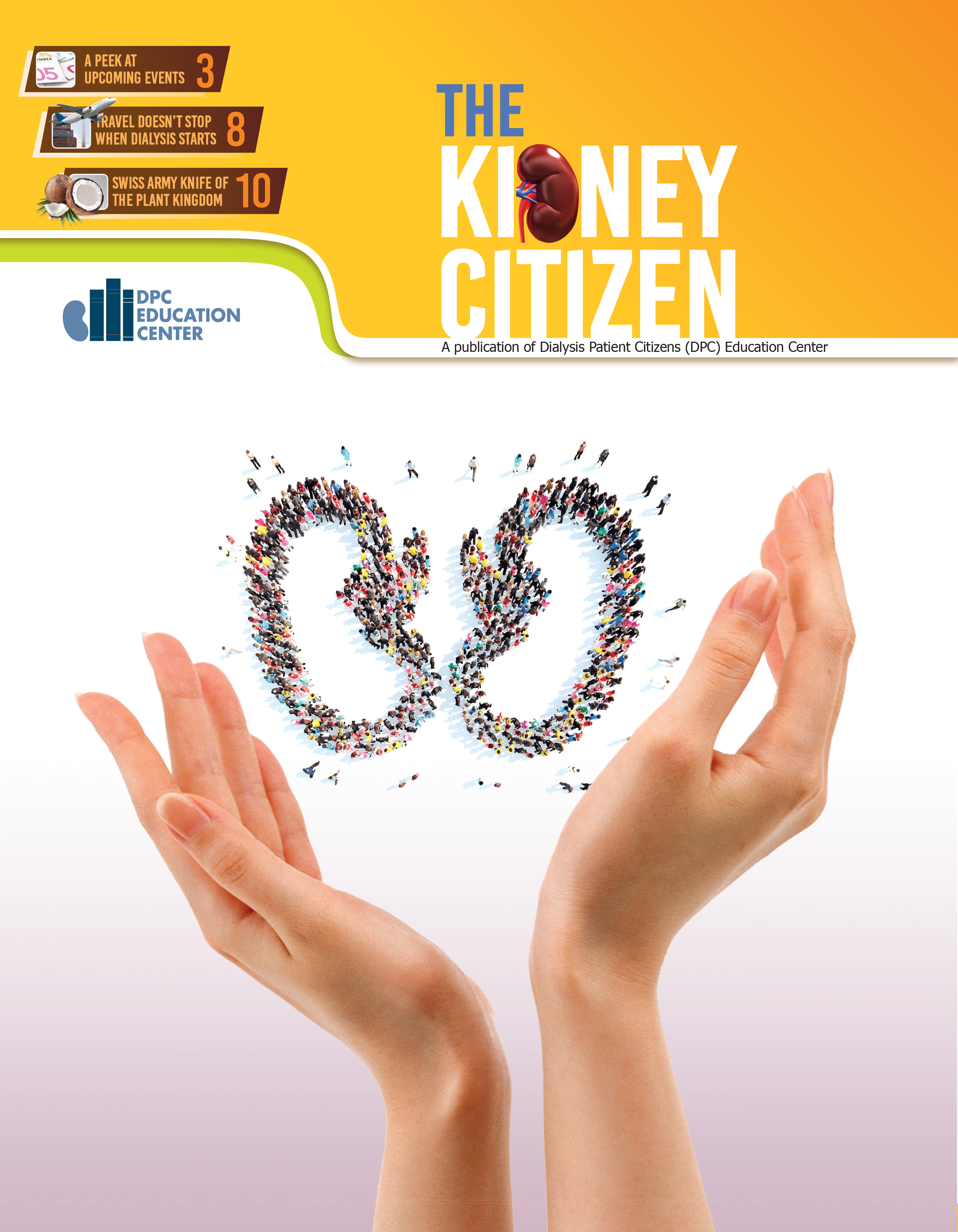A Tomato Free Cinco de Mayo!
What is Cinco de Mayo without a little bit of chips and salsa? “But, I can’t have tomatoes!” you say. And that is where this magnificent creation comes in, because you "can have" chips and salsa even without tomatoes! This wonderful low potassium recipe will make you forget that tomatoes ever existed in pico de gallo. This recipe is sans-tomatoes. Nada. Zip. Zilch. Even better, it is low in sodium! It pulls its flavor from fresh lime juice and cilantro and little bit of crunch from some fresh jicama. Paired with a low sodium corn chip you don't even notice the [...]






